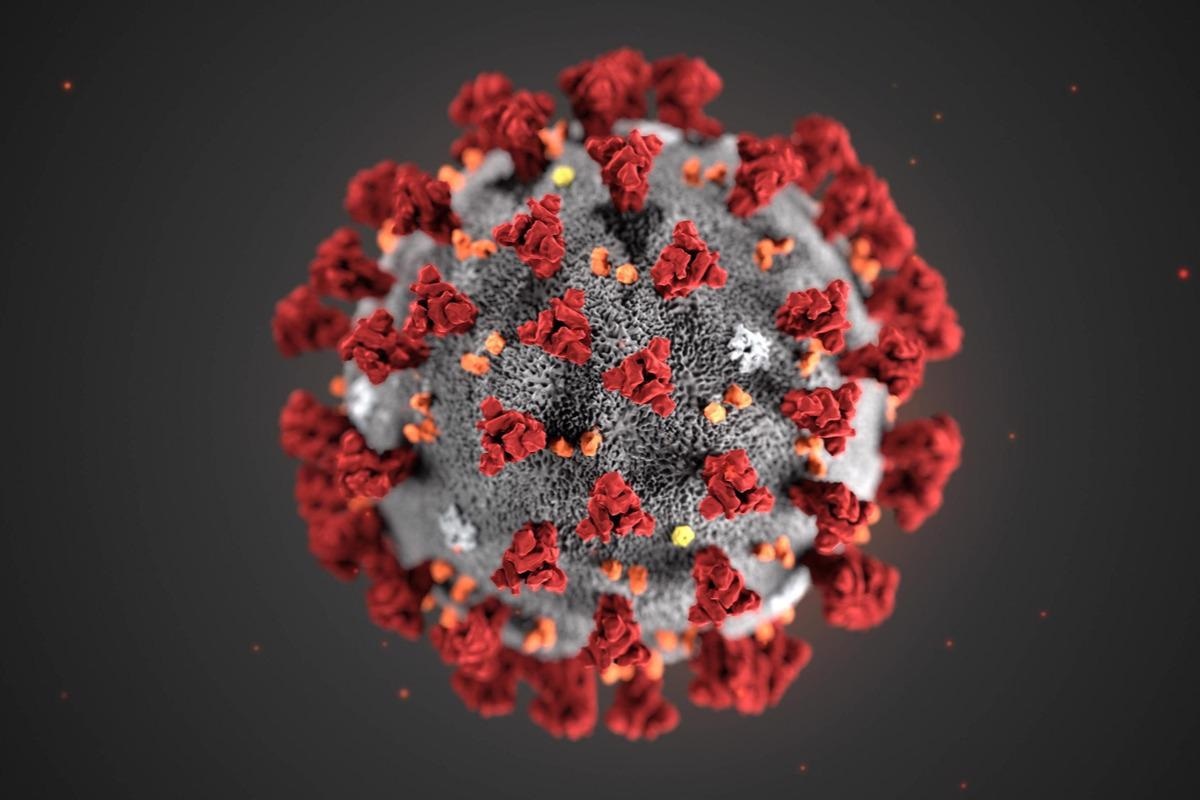In a recent study published in Science Advances, researchers developed an enzyme-linked immunosorbent assay (ELISA) to detect antibodies against severe acute respiratory coronavirus-2 (SARS-CoV-2) in urine samples.
 Study: Detecting anti–SARS-CoV-2 antibodies in urine samples: A noninvasive and sensitive way to assay COVID-19 immune conversion. Image Credits: artofvisionn/Shutterstock
Study: Detecting anti–SARS-CoV-2 antibodies in urine samples: A noninvasive and sensitive way to assay COVID-19 immune conversion. Image Credits: artofvisionn/Shutterstock
Background
Coronavirus disease 2019 (COVID-19) could be diagnosed directly by detecting SARS-CoV-2 ribonucleic acid (RNA) or antigens and indirectly by serological assays for specific antibodies. Several serological tests such as ELISA have been developed for COVID-19. Serological assays identify those with immunity against SARS-CoV-2 by detecting specific antibodies like the immunoglobulin G (IgG), IgA, and IgM. Drawing blood samples for tests is the most common invasive method and could be unpleasant or difficult under some circumstances. Moreover, a trained professional is required for the procedure risking exposure to pathogens.
Dried blood spots (DBS), a minimally invasive method, are collected by pricking a finger/heel and could potentially resolve logistic problems associated with venipuncture. Alternatively, urine samples could be useful given their simple and non-invasive collection procedure. Diagnostic tests using urine samples to detect antibodies are suggested as non-invasive alternatives for diagnosing various conditions, including dengue, leishmaniasis, and Helicobacter pylori infection, among others. To date, no study has reported on the applicability/utility of urine samples to detect anti-SARS-CoV-2 antibodies.
The study and findings
In the current study, researchers developed an in-house ELISA using urine samples to detect the recombinant nucleocapsid (N) protein of SARS-CoV-2 in patients with prior COVID-19 history, confirmed by a polymerase chain reaction (PCR) assay. A urine-based in-house ELISA protocol was customized using the recombinant N protein to detect anti-SARS-CoV-2 antibodies. Urine samples were collected between two- and 60-days post-symptom onset (PSO) from 139 patients.
The team used established serum-based ELISA for comparison and validation. The study included 209 urine samples and 187 paired serum samples. Additionally, the team included unpaired negative samples obtained before 2019 (pre-COVID-19 negative controls) and from persons who maintained a strict quarantine protocol without developing any associated symptoms (post-COVID-19 negative controls).
Of the 209 samples, 187 reacted with the recombinant N protein with a positive index value (above 1.1); 15 samples were indeterminate (index value: 0.8 – 1.1), and seven samples had a negative index value, i.e., less than 0.8. None of the control samples showed reactivity to the N protein with an index value > 1.1. The researchers serially evaluated IgG in urine and serum samples collected from 44 patients at different time points after including them in the study. Seroconversion was evident in urine samples, with the IgG levels increasing after symptom development.
A comparative ELISA with serum or urine samples from 34 patients showed that seroconversion occurs with minor variations in different samples, albeit higher index values were observed from urine samples. A distribution plot was graphed to determine the window when a maximal number of patients had positive index values. Positive index values were observed for 123 patients’ urine samples obtained within 60 days PSO, whereas 107 of the 125 patients’ paired serum samples showed positive index values.
Urine samples from four patients had negative index values before 20 days PSO, while eight serum samples had a negative index value. None of the urine samples collected 20 days after symptom onset had negative index values, while two patients showed a positive index value for their sera. A 93.81% sensitivity was observed for detecting anti-SARS-CoV-2 antibodies in the urine samples, whereas for serum samples, it was 87.7%; however, specificity was 100% for both serum and urine samples. A receiver-operating characteristic (ROC) curve depicted a slightly superior accuracy with urine samples, albeit it did not reach statistical significance.
Conclusions
The results showed that urine-based ELISA was approximately 94% sensitive and 100% specific to detect the recombinant SARS-CoV-2 N protein and that antibodies were detectable a few days after symptom onset. Detection of seroconversion with urine samples was more sensitive than with serum samples. Using urine samples could be more convenient for epidemiologic and clinical studies given the easy, non-invasive self-collection method eliminating the requirement for trained phlebotomists.
Sodium azide was used as a preservative in the study, and the authors noted no change in the assay’s performance for five refrigerated samples of urine lacking sodium azide. Altogether, these findings indicated that urine-based ELISA could be useful to detect SARS-CoV-2 seroconversion, with some advantages such as biological stability of the samples, ease of collection, and improved accuracy.